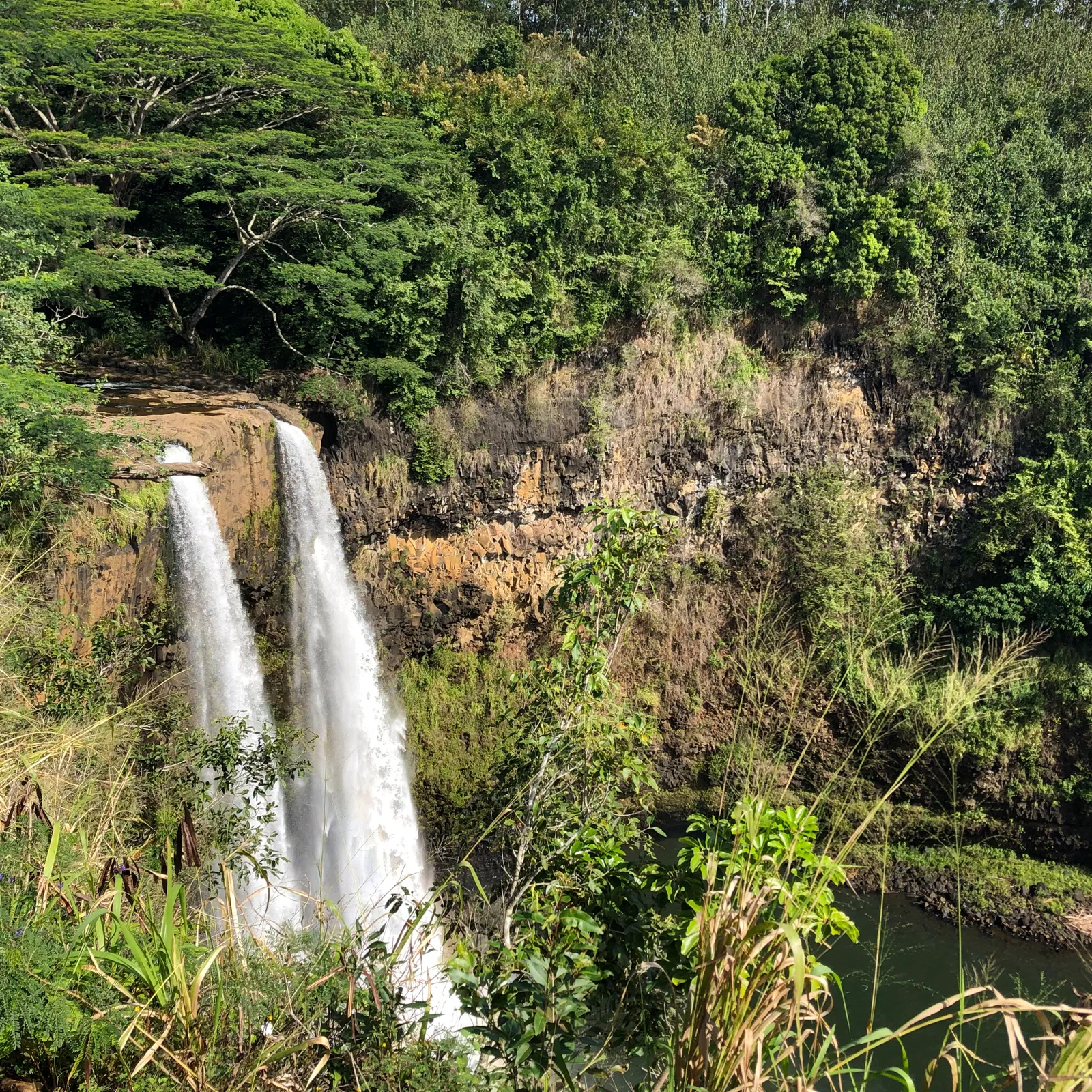Today's themes: "Where Are Fungi Found?" and "Fermented Foods"
during the school day -
-
This was delicious! I doubled it, so we made 24 (I followed the muffin pan suggestion; this made it so easy to portion individual servings for the children). We had fresh raspberries and blueberries on top.
during Science Club -
- side 1: name of biome
side 2: do you think Fungi are found in this biome? why or why not?
When they shared their responses, some very interesting questions arose. In order to decide if a biome would be hospitable to Fungi, you naturally have to think about the requirements a Fungus needs to survive.
They had questions about temperature sensitivity (what would be too hot? too cold?), moisture requirements (what would be too wet? too dry?), and respiration (does it take in oxygen like animals? carbon dioxide like plants?). How interesting! I hadn't thought about fungal respiration until now!
This "does every biome contain Fungi?" question came into my mind recently because we've been working our way through the Biomes of North America three part cards as part of our Native American Legends block. For each biome there are plant and animal cards in our nomenclature, but no fungi! Maybe we can create some!
Here are their initial predictions:
Ocean - no... too much water and no dry land
Polar Regions - no... because it's too cold
Temperate Forests - yes... we live in this biome and we see them
Deserts - no... no water in the desert
Grasslands - yes... because it has a suitable habitat (water, shelter, not too hot or too cold) and it has fewer predators
Mountains - no... because there isn't enough water or oxygen and it's too cold
Tropical Forests - yes, because there is lots of water and trees; no, because there's too much water and they might drown
Wetlands - yes... it has acceptable temperature and water
discuss how someone makes a sourdough starter from scratch (by capturing wild yeast from the air), and list all the fermented foods children can think of (wine, beer, mead, sauerkraut, yogurt, kombucha, cheese); recall that we made a sourdough starter for Science Club: Microbiology in 2019 with help from Ms. Shelby (and jasmine ginger kombucha with help from Ms. Jamie!)

our sourdough starter, "Newt"
10-tips-for-fermenting-chicken-feed/
project 1: start the fermented chick feed
project 2: start the Beet Kvass
-
For this project, there was very little for the children to do. They washed the beets and helped measure the salt and water for the brine, but I did the sterilizing of the jars (10 minutes in boiling water) and boiled the water for the brine so that it would be hot when we poured it into the still-hot jars. In retrospect, I should have come up with some different hands-on projects that were more child friendly.
Masontops Pickle Pebbles - Glass Infinity Weights for Fermenting
Masontops Tough Bands - Wide Mouth Mason Jar Screw Bands
Masontops Pickle Pipes - Waterless Airlock Fermentation Lids



If you're interested in more Fun with Fermentation, here are books I like:

Starter Sourdough:
The Step-by-Step Guide to Sourdough Starters, Baking Loaves, Baguettes, Pancakes, and More
by Carroll Pellegrinelli
Kombucha Crafter's Logbook:
A Journal to Track and Record Your Kombucha Home Brews
by Angelica Kelly
Super Easy Vegan Cheese Cookbook:
70 Delicious Plant-Based Cheeses
by Janice Buckingham
The Cultured Club:
Fabulous Fermentation Recipes
by Dearbhla Reynolds
This post contains affiliate links to materials I truly use for homeschooling. Qualifying purchases provide me with revenue. Thank you for your support!












 Immersive Experience
Immersive Experience Immersive Experience
Immersive Experience







No comments:
Post a Comment